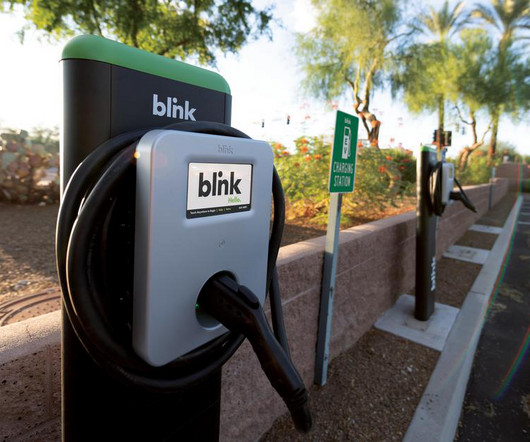Airbus forms a sustainable fuel Center of Excellence in Malaysia
Green Car Congress
FEBRUARY 11, 2014
Airbus and key Malaysian partners recently signed a Memorandum of Understanding (MoU) to assess local solutions for sustainable bio-mass production in Malaysia. The aim is to determine the most suitable feedstocks to ensure that any future jet fuel production in the region is based only on sustainable solutions.











Let's personalize your content